In addition to Weibo, there is also WeChat
Please pay attention

WeChat public account
AutoBeta


2024-11-23 Update From: AutoBeta autobeta NAV: AutoBeta > News >
Share
AutoBeta(AutoBeta.net)11/12 Report--
According to the latest data of automotive industry data forecasting company AutoForecast Solutions (AFS), by the end of October, due to chip shortage, the global auto market has lost about 3.905 million vehicles this year, and is expected to climb to 4.2785 million by the end of the year, an increase of about 16200 compared with previous forecasts. In addition, AFS estimates that global production may be reduced by 3 million vehicles by 2023 due to lack of cores. At present, the shortage of chips still haunts the automobile industry, especially Japanese car companies.
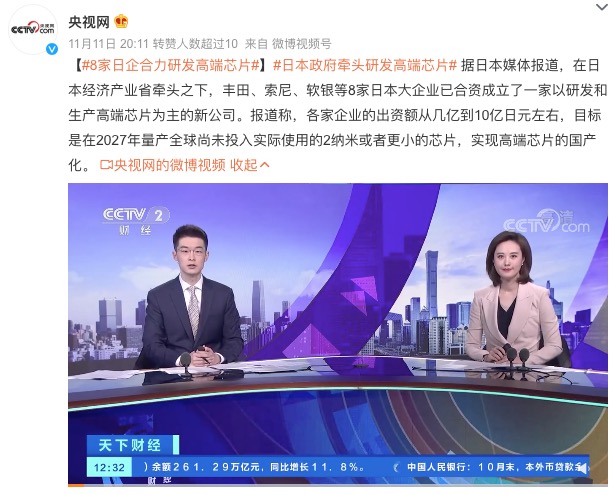
On November 11, under the leadership of Japan's Ministry of economy, Trade and Industry, eight Japanese companies, including Toyota Motor and Sony Group, jointly formed a new chip company in the form of a joint venture, as the name implies, according to CCTV. The new company will be responsible for the development and manufacture of chips. According to reports, the new company, led by Tetsuro Higashi, former president of chip equipment manufacturer Tokyo Electronics, was named "Rapidus", meaning "fast". The industry believes that the name of the new company may be related to the fierce competition in major economies in areas such as artificial intelligence and quantum computing. The name of the new company implies "looking forward to rapid growth". The goal is to mass-produce 2 nanometers or smaller chips that have not yet been put into practical use worldwide in 2027, so as to realize the localization of high-end chips.
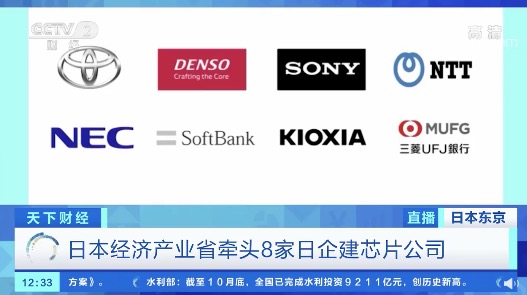
Reported that the new company "Rapidus" will be established by Japan and the United States R & D center cooperation, and then obtain large-scale chip production capacity. Among Japan's eight giants, in addition to Toyota and Sony, members involved in the cooperation include component suppliers Denso, Softbank Corp., Nippon Telegraph and telephone Company, semiconductor manufacturer kioxia, electronics manufacturer NEC and Mitsubishi UFJ Bank, covering areas such as automotive, communications and electronics. At present, the company has received 70 billion yen (about 3.54 billion yuan) of funds from the Japanese government. The above-mentioned eight companies, including Toyota supplier Denso, Nippon Telegraph and telephone Company NTT, NEC, Meixia and Softbank Corp., have also confirmed that they will invest in the new company. The amount of investment from each company ranges from hundreds of millions to 1 billion yen, and the total investment amount of the eight enterprises is about 7 billion yen.
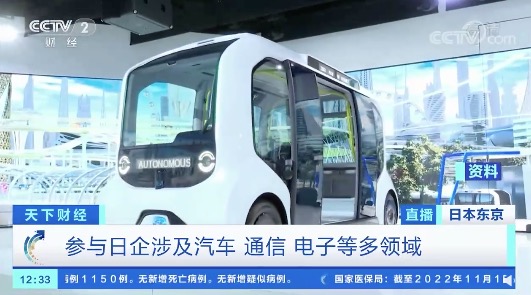
Under the epidemic, the global chip shortage has seriously affected Japan's automobile and electronics industry, and the importance of chips is self-evident. Data show that Japan's chip industry accounted for less than 10% of the world last year. The industry pointed out that Toyota, as one of the participants in the new "Rapidus" company, will be the biggest beneficiary after the establishment of the company.
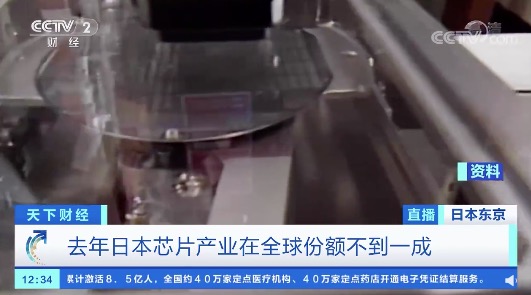
Since the outbreak of the epidemic at the end of 2020, the shortage of chip supply chain has been restricting the development of the global automobile industry, which affected many car companies to ease the supply problem by suspending or reducing production. At the same time, the shortage of chip supply chain has also directly caused some car companies to reduce or delay the delivery of new cars. After entering 2022, this problem has not been completely alleviated. Toyota, a Japanese car company, for example, has been producing less than expected monthly capacity since March, as Toyota had to cut its monthly global production plan because of the epidemic and parts shortages. On November 1st, Toyota announced that, taking into account risks such as semiconductor purchases, Toyota and Lexus brand production forecasts for the current fiscal year (April 2022-March 2023) were cut by 500000 vehicles to 9.2 million vehicles, and sales forecasts were cut by 500000 vehicles to 9.4 million vehicles. Toyota has repeatedly stressed that its target of 9.7 million vehicles for the current fiscal year will remain unchanged.
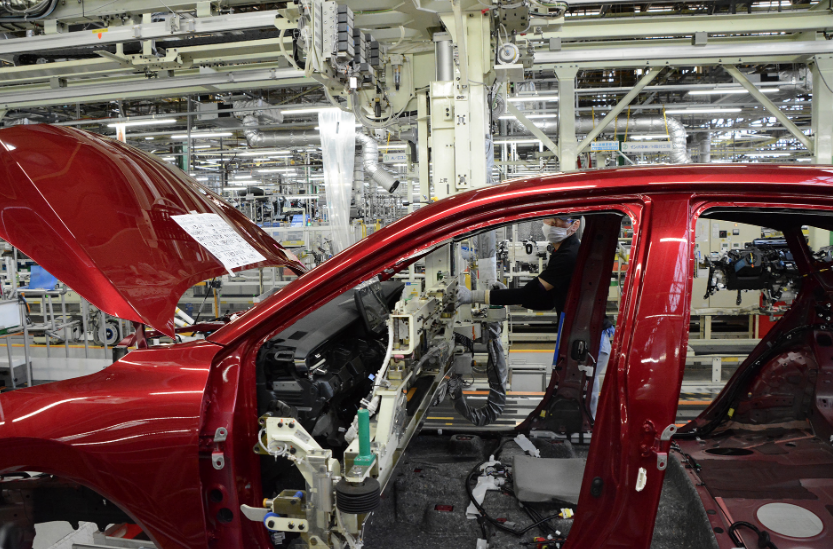
In addition, other Japanese car companies, including Honda, Nissan and Mitsubishi Motors, have also faced production cuts due to the epidemic, semiconductor and raw material shortages. On the 27th of last month, Honda also announced production cuts because of the same problems, including two production lines at Suzuki factories in western Japan, which cut production by about 20% in October. The plant in Saitama prefecture, north of Tokyo, cut production by about 40% in October. Nissan said on its website on Nov. 2 that it would suspend orders for SAKURA and X-TRAIL models because of a shortage of spare parts and a shortage of models. In addition to the Japanese home market, Nissan's US unit said on November 9th that Nissan's US assembly plant in Canton, Mississippi had to cut production because of semiconductor chip shortages and supply chain disruptions, and AFS estimated that the shutdown would result in Nissan losing about 9000 vehicles or more in November and December.
Considering the current performance of a number of Japanese car companies in the Japanese local market, the current chip shortage is still restraining the production planning of car companies. On the other hand, in the Chinese market, although the shortage of chips has improved, some car companies are still deeply affected. Zhu Huarong, chairman of Changan Automobile, revealed at the 12th China Automobile Forum in 2022 that due to the impact of "lack of core electricity", Changan Automobile lost a total of 606000 vehicles from January to September in 2022. Among them, the newly launched new energy intelligent products such as Avita 11 and Deep Blue SL03 are seriously affected.
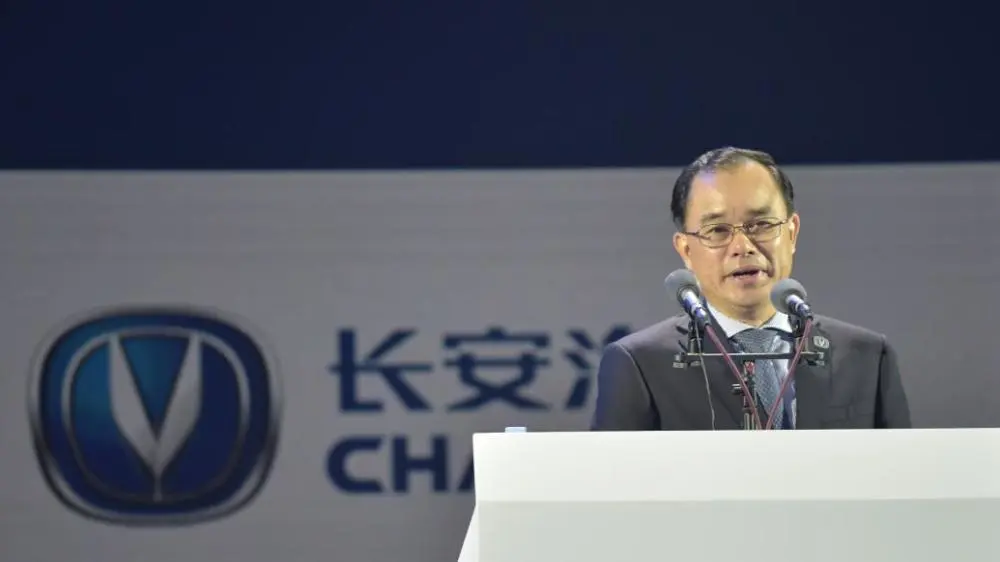
It is widely believed that the core shortage in the automotive industry will not be alleviated until 2023. Bosch CEO Stefan Hartung said that if demand shrinks under inflation, the global chip shortage may ease in the second half of 2023. As for whether eight Japanese companies can reverse the relatively backward industrial situation in the Japanese market after the launch of the new joint venture chip company, it remains to be tested.
Welcome to subscribe to the WeChat public account "Automotive Industry Focus" to get the first-hand insider information on the automotive industry and talk about things in the automotive circle. Welcome to break the news! WeChat ID autoWechat
Views: 0
*The comments in the above article only represent the author's personal views and do not represent the views and positions of this website. If you have more insights, please feel free to contribute and share.







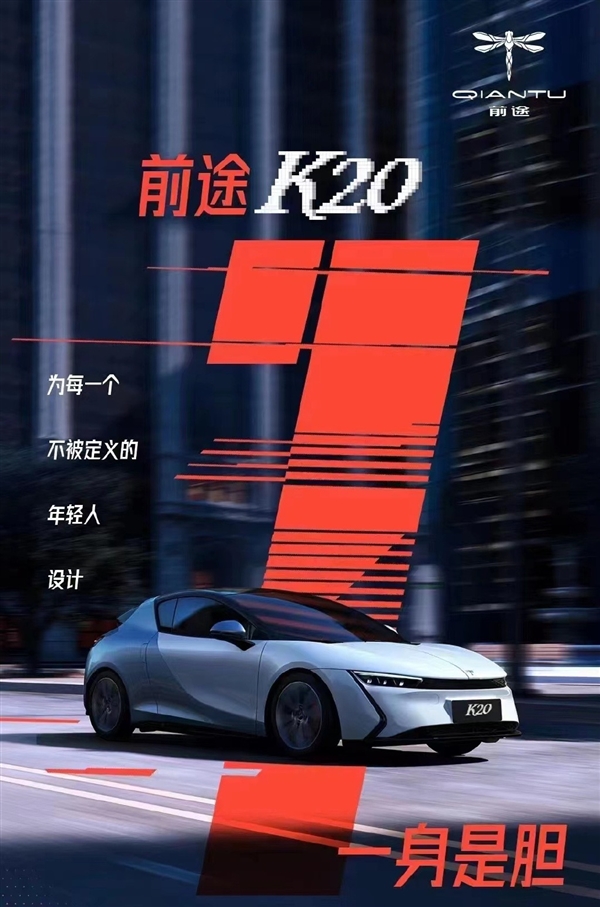

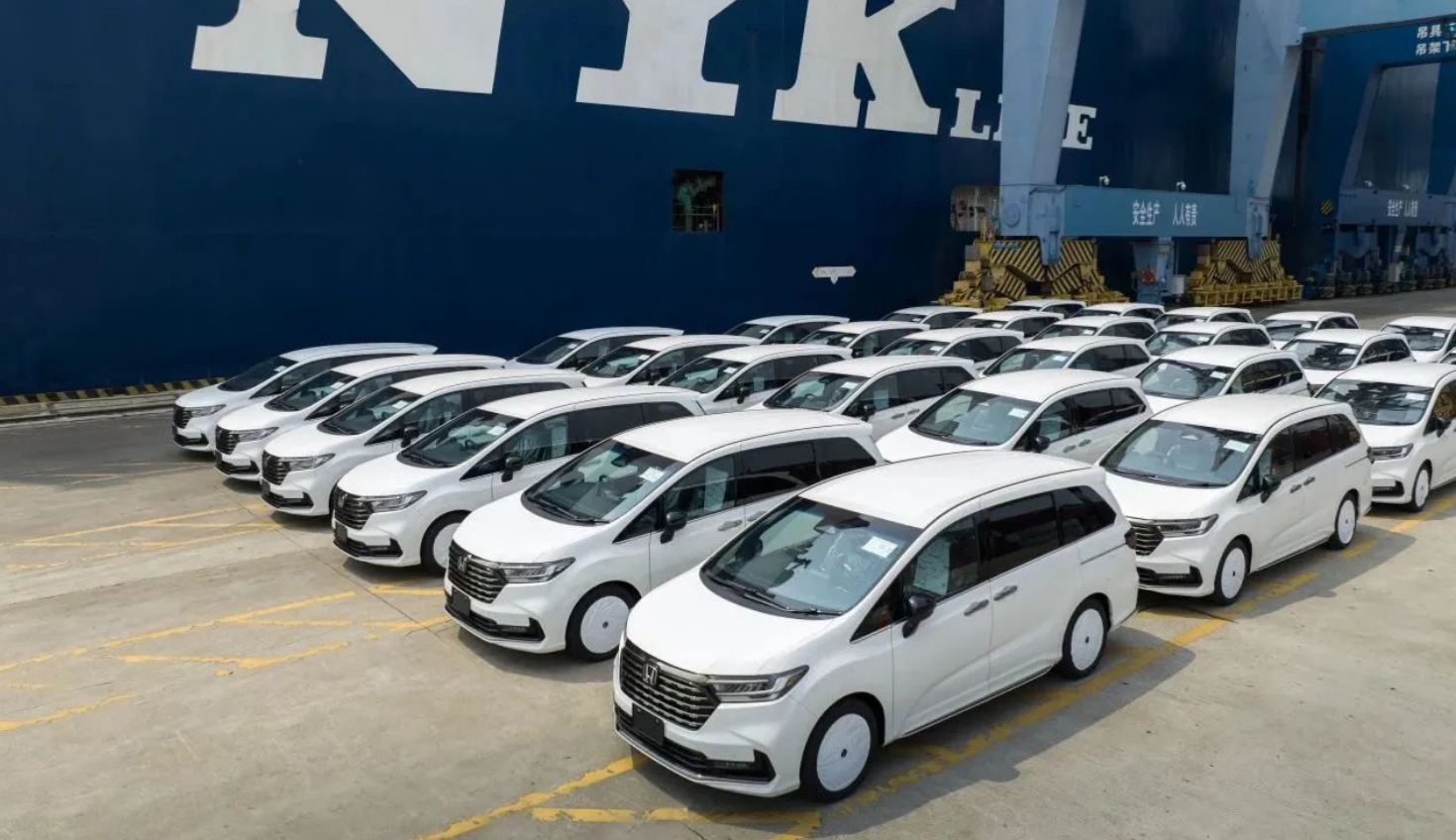

© 2024 AutoBeta.Net Tiger Media Company. All rights reserved.